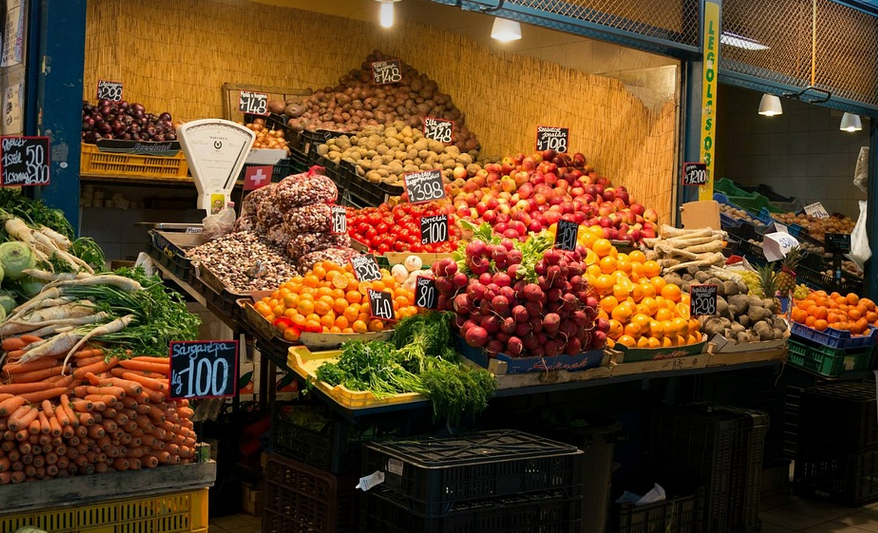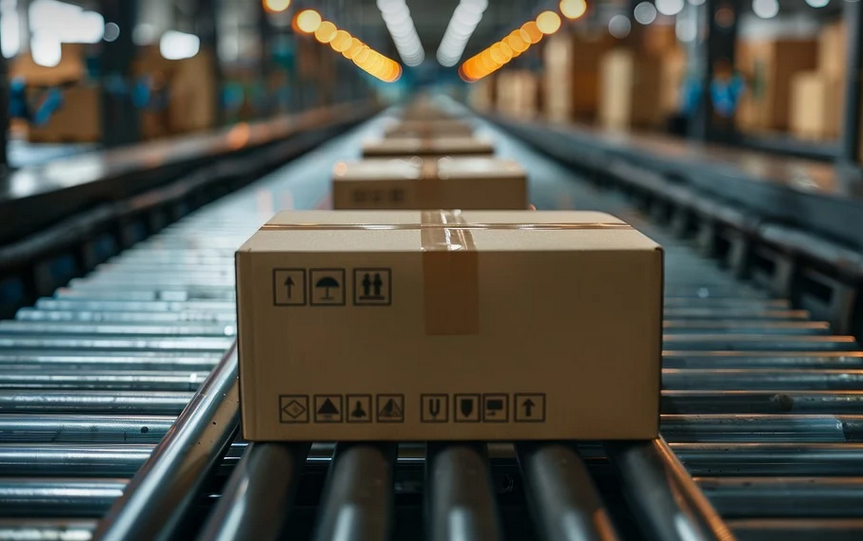Mail Order Queen Bees

These “Queen Bees” are often delivered with instructions on how to care for them after they arrive. This includes information about feeding, climate control, and other crucial aspects of raising these tiny queens. It’s a simplified approach that empowers beginners to jumpstart their beekeeping journey without the worry of messing up the delicate ecosystem at hand.
Of course, this convenience comes with its own set of caveats. The “mail order” model of queen bees often relies on mass-production and shipping, which means minimizing risks for pests or diseases is a constant challenge. This raises questions about the sustainability of such practices in the long run.
But what about the queens themselves? One of the most prominent concerns surrounding mail-order queen bees lies in their genetic diversity. The reliance on commercially-bred queens typically leads to limited genetic variation, potentially increasing vulnerability to diseases or environmental stressors. This raises a critical question: how do we ensure that these “Queen Bees” are strong enough and healthy enough to survive in our changing world? While the convenience of mail-order queen bees is undeniable, there’s an inherent trade-off between speed and precision. The process of selecting, breeding, and shipping queens can be time-consuming and complex. This makes it crucial to establish reliable communication channels with suppliers, ensuring clear understanding of expectations and delivery timelines.
Beyond the convenience factor, the “mail order” model also presents an opportunity for greater transparency and education for new beekeepers. It allows them to discover more about the inner workings of honeybee colonies and delve into topics like queen selection, hive management, and pollination. This journey can be a rewarding one, especially if undertaken with patience and careful attention.
The world of “Mail Order Queen Bees” is still in its infancy, but it holds immense potential for fostering a new generation of beekeepers who are passionate about protecting bees while ensuring their own hives thrive. Whether you’re an aspiring beekeeper looking for an easy entry point or a seasoned pro hoping to diversify your apiary, these “Queen Bees” offer a unique opportunity.
The rise of mail-order queen bees is also a reflection of evolving societal attitudes towards sustainable living and environmental responsibility. People are increasingly drawn to the idea of supporting local farmers and fostering biodiversity in their own backyards. This shift represents a genuine move toward conscious choices, one that prioritizes not only our personal needs but also the survival and well-being of these vital creatures.
As we continue to explore the world of “mail order” queen bees, it’s crucial to remember their role in bridging the gap between urban living and sustainable agriculture. They offer a glimpse into the potential for more equitable access to beekeeping practices, one that empowers individuals to become active stewards of our environment.


